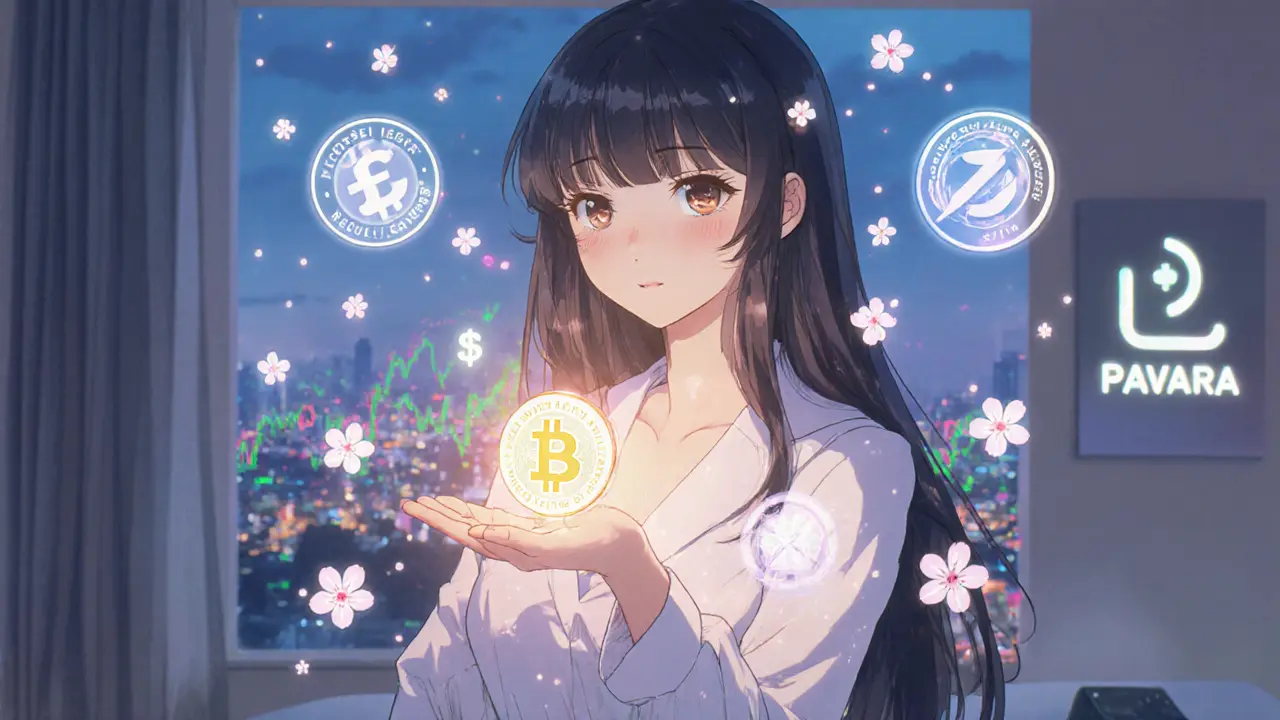Virtual Assets Pakistan: What They Are, How They Work, and Where to Find Real Info
When people talk about virtual assets, digital representations of value that can be traded, transferred, or used for payments, often built on blockchain technology. Also known as cryptocurrencies, they are becoming a quiet force in Pakistan’s financial landscape, even as banks and regulators stay cautious. Unlike traditional money, these assets don’t need a central bank to move. You can send them across borders in minutes, with little to no fees—something many Pakistanis are starting to rely on, especially when sending money home or buying goods from overseas.
But here’s the catch: Pakistan’s State Bank has never officially legalized crypto, and in 2021, it banned banks from dealing with crypto exchanges. That didn’t stop people. Instead, it pushed adoption underground. Peer-to-peer trading on platforms like LocalBitcoins and Paxful exploded. People started using stablecoins like USDT to protect savings from inflation. Some even use crypto to pay for freelancing work on Upwork or Fiverr, bypassing slow bank transfers. blockchain Pakistan, the underlying technology that makes crypto secure and transparent is now being explored by startups and tech hubs in Lahore and Karachi—not for speculation, but for real solutions like supply chain tracking and digital identity.
And while the government hasn’t given crypto the green light, it’s not ignoring it either. The Federal Board of Revenue has started looking into how to tax digital asset gains. The IMF has pushed for clearer rules. Meanwhile, users are learning the hard way: not every token is real. Some projects, like fake airdrops or zero-volume coins, are designed to take your money and vanish. That’s why knowing the difference between a legitimate project and a scam matters more than ever. crypto regulation Pakistan, the evolving legal and policy framework around digital assets in the country is still unclear, but the behavior on the ground tells a different story—people are using virtual assets because they work, even when official channels don’t.
What you’ll find in the posts below aren’t hype-filled guides or get-rich-quick schemes. These are real reviews, deep dives, and warnings from people who’ve been there. You’ll see how Pakistani traders navigate restrictions, what exchanges still work locally, why some tokens have zero trading volume, and how global events like Russia’s crypto evasion tactics or Canada’s crypto seizures affect the bigger picture. There’s no sugarcoating here—just facts, risks, and what actually moves in Pakistan’s hidden crypto market.
Pakistan Virtual Assets Regulatory Authority (PVARA): How Crypto Oversight Works in 2025

Pakistan's new PVARA authority now fully regulates crypto, requiring all platforms to be licensed. Learn how it works, who can operate, and what it means for users and businesses in 2025.
